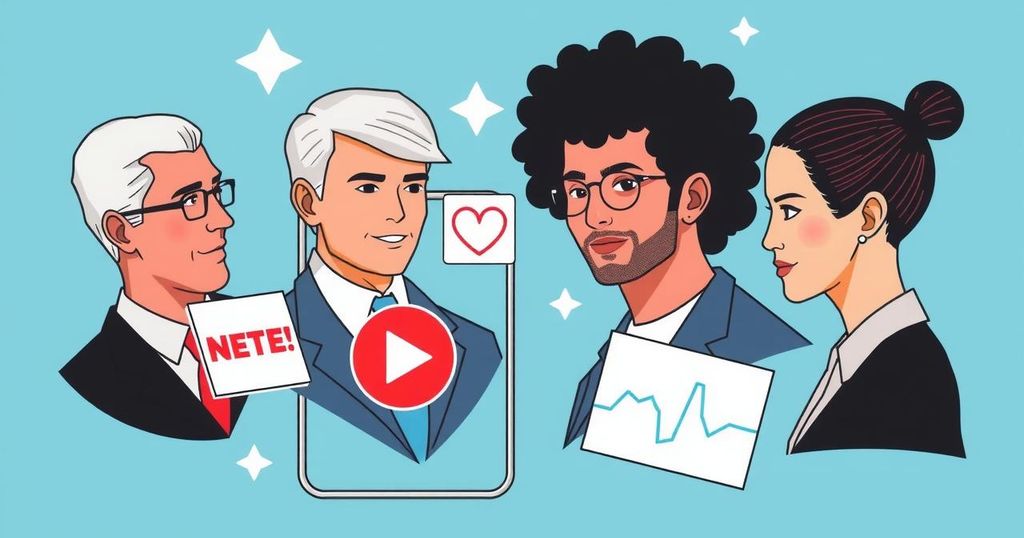The IGF 2024 panel discussion emphasized the role of election coalitions in combating misinformation, highlighting the need for collaboration among diverse stakeholders. Initiatives like Brazil’s Comprova and Facts First PH were showcased as successful models. Challenges include sustaining momentum and dealing with governmental pressures. The importance of media literacy and engaging younger populations was also addressed, concluding with advice on relationship-building for coalition efforts.
A recent panel discussion at the IGF 2024 in Riyadh underscored the vital importance of election coalitions in combating misinformation during electoral processes globally. As misinformation increasingly jeopardizes the integrity of elections, the session titled ‘Combating Misinformation with Election Coalitions’ emphasized the necessity of a collaborative strategy to address this pressing issue. Notable speakers from diverse organizations, including Google and various fact-checking entities, showcased the benefits of uniting stakeholders in safeguarding democratic values.
Mevan Babakar from Google presented the ‘Elections Playbook,’ a detailed public policy guide designed to foster effective election coalitions, highlighting essential attributes such as trust, neutrality, and collaboration. The discussion spotlighted successful initiatives like Brazil’s Comprova, which merges multiple media outlets for fact-checking election-related information, and the ‘Facts First PH’ initiative in the Philippines, which promotes a community-oriented approach to disseminate verified facts through local influencers.
The panel also confronted the challenges of sustaining coalition efforts after elections, addressing pressures from governmental bodies, and mitigating the impact of AI-generated misinformation. Alex Walden, Global Head of Human Rights at Google, elucidated the complexity of engaging with governmental entities while preserving the coalitions’ neutrality, stating that it is crucial to “be mindful of the role that we have in engaging neutrally” when addressing content moderation.
Additionally, the session delved into strategies for involving younger, non-voting populations in fact-checking initiatives, with David Ajikobi from Africa Check emphasizing the significance of media literacy programs in Nigeria. The experts agreed on the urgent need for a multistakeholder approach to create frameworks that specifically tackle identified harms rather than the broad category of ‘misinformation,’ as advocated by Peter Cunliffe-Jones from Westminster University.
The session on combating misinformation highlighted the increasing threats that misrepresentation poses to the foundational principles of democratic elections. In light of the proliferation of digital misinformation, there is a compelling need for collaborative efforts among various stakeholders, including governmental bodies, civil organizations, media, and technology companies, to develop strategic frameworks aimed at preserving the integrity of electoral processes. By leveraging the experiences from existing coalitions, participants in this session aimed to generate concrete actions that could be implemented globally to address misinformation effectively, promoting a healthier democratic discourse.
The panel discussion at IGF 2024 illustrated the critical role of election coalitions in the fight against misinformation, emphasizing the need for effective collaborative frameworks among diverse stakeholders. It was evident that maintaining momentum and neutrality in coalition efforts is paramount, particularly in an evolving digital landscape. Furthermore, the importance of reaching out to younger demographics through educational initiatives was notably highlighted. The insights gained from the session advocate for a continuous and adaptive approach to building coalitions that can navigate the challenges posed by misinformation, ensuring their efficacy long after election cycles have concluded.
Original Source: dig.watch






